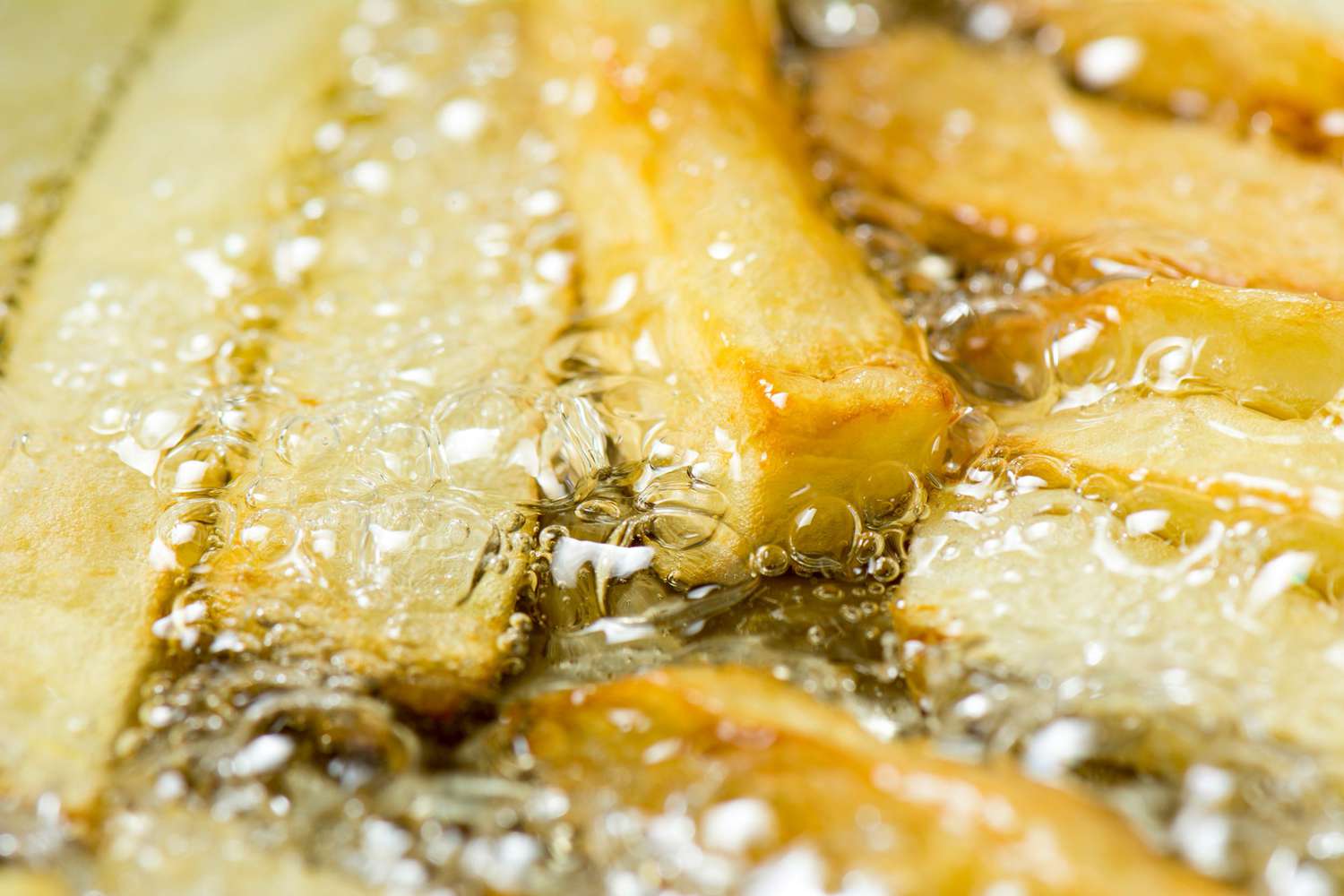Can I Use Olive Oil for Baking

Baking was traditionally done with butter, margarine, or neutral-tasting oils. In recent years, more health-conscious bakers have asked themselves if olive oil can be used for baking. The short answer is yes; in fact, the use of olive oil as a baking medium is becoming ever more popular in kitchens worldwide for its health benefits and the flavor it can impart to any of your baked delicacies. In this blog, we shall analyze whether olive oil is a good source for baking, how it compares to other oils for baking, and when each oil works best in different recipes.
Why Olive Oil for Baking?
Traditionally, most bakers leaned on butter or vegetable oil. But olive oil is rich in monounsaturated fats and antioxidants, making it one of the healthiest fats you can use. Unlike processed oils, extra virgin olive oil is minimally refined, retaining essential nutrients and a natural flavor that can enhance both savory and sweet recipes.
When you’re considering oils for baking, olive oil truly has some advantages:
- Heart Health: Olive oil has healthy fats that are good for the heart.
- Moisture: Its liquid consistency helps keep cakes, muffins, and breads soft and moist.
- Flavor Depth: Mild olive oil offers delicate fruity or peppery notes, depending on the variety.
So, if you were thinking, can I use olive oil for baking? The answer is yes; you can, and it would possibly render your recipes healthier and more delicious.
Olive Oil vs. Other Oils for Baking
When it comes to baking oils, canola, sunflower, coconut, and vegetable oils are most commonly used. These are almost always chosen because their neutral flavor will not interfere with other flavors.
Here’s how olive oil differentiates itself:
- Canola or Vegetable Oil: These oils have a neutral taste and won’t alter taste, but they are nutritionally deficient compared with olive oil.
- Coconut Oil: Great for use in baking, but that strong coconut flavor can dominate some recipes.
- Sunflower Oil: Another neutral baking oil, though lesser in nutrition compared to olive oil.
In fact, unlike the abovementioned neutral oils for baking, olive oil imparts character to the baked good. A mild extra virgin olive oil might give a soft glow of fruitiness to lemon cakes, chocolate brownies, or zucchini bread.
When to Use Olive Oil for Baking
If you are ready to try olive oil in baking, it truly works better in certain recipes. Here’s where olive oil will really shine:
- Cakes and Muffins: Olive oil can replace butter or vegetable oil in recipes such as banana bread, carrot cake, or chocolate cake, resulting in a wonderfully soft, moist texture.
- Quick Breads: Olive oil is perfect for pairing with many quick breads like zucchini and pumpkin bread, where its gentle fruity flavor complements the veggie.
- Brownies: Brownies made with olive oil can be extra rich and fudgy, and less heavy than butter-based ones.
- Savory Bakes: Olive oil would flavour focaccia, cornbread, or flatbreads just nicely.
So if your recipe had called for neutral oils for baking use a mild olive oil in their place, lessening the amounts of the other not-so-good flavorings so that the olive oil may not compete with them.
Baking with Olive Oil: Tips
Here is how you can ensure that you get the best results in baking with olive oil:
- Mild Olive Oil: Dessert may be overpowered by a strong, peppery oil. Pick a light or refined extra virgin olive oil with less pungent flavor.
- Use the Right Substitute: You may substitute any recipe that calls for butter or vegetable oil for olive oil at a 1:1 ratio. Use about ¾ the amount of olive oil for butter, which has water.
- Check on Baking Time: For browning, olive oil may have a tiny influence so keep tracking your baking time.
- Pair Flavors: Olive oil works well with flavors like chocolate, citrus, nuts, and warm spices such as cinnamon or nutmeg.
Is Olive Oil for Baking an All-Rounder?
Olive oil for baking works great on many recipes, but it has some limitations. Some delicate pastries, like croissants or pie crusts, depend on butter’s solid fat for their texture and layering. An olive oil simply cannot recreate that structure. Every day cakes, muffins, brownies, and quick breads can take olive oil as a substitute proportionately, which is often an upgrade.
Health Benefits of Baking with Olive Oil
The transition to olive oil opens up all avenues for flavor enhancement and measurable health paybacks as well:
- Upholding cholesterol: Olive oil maintains cholesterol in health by cutting down on density.
- Antioxidant-rich: Extra virgin olive oil has polyphenols that can fight oxidative stress.
- Weight Management: This oil has a high satiety value due to its fat content which can discourage further intake of food.
- Easy Digestion: Olive oil enhances digestion with its smooth and mellowness against the heavier butter.
Given this factor, olive oil is a star among the oils used for baking in the eyes of health-centered bakers.
The Final Verdict: Should You Bake with Olive Oil?
Can I use olive oil for baking?, Yes, a loud yes! While it may never substitute butter in every pastry recipe, it sure shines in cakes, brownies, breads, and many other desserts. The health benefits of olive oil are unrivaled, while the moisture it gives to your cakes is matched only by the mild yet delectable flavor notes it introduces into your cooking. At GDM Mother Nature Made, we stand for the use of wholesome and natural ingredients that nourish your body and elevate your cooking. So next time you reach for an oil for baking, give olive oil some thought, not just as a substitute but as an ingredient that will ultimately change the character of your recipes into healthier and more flavorful ones.





